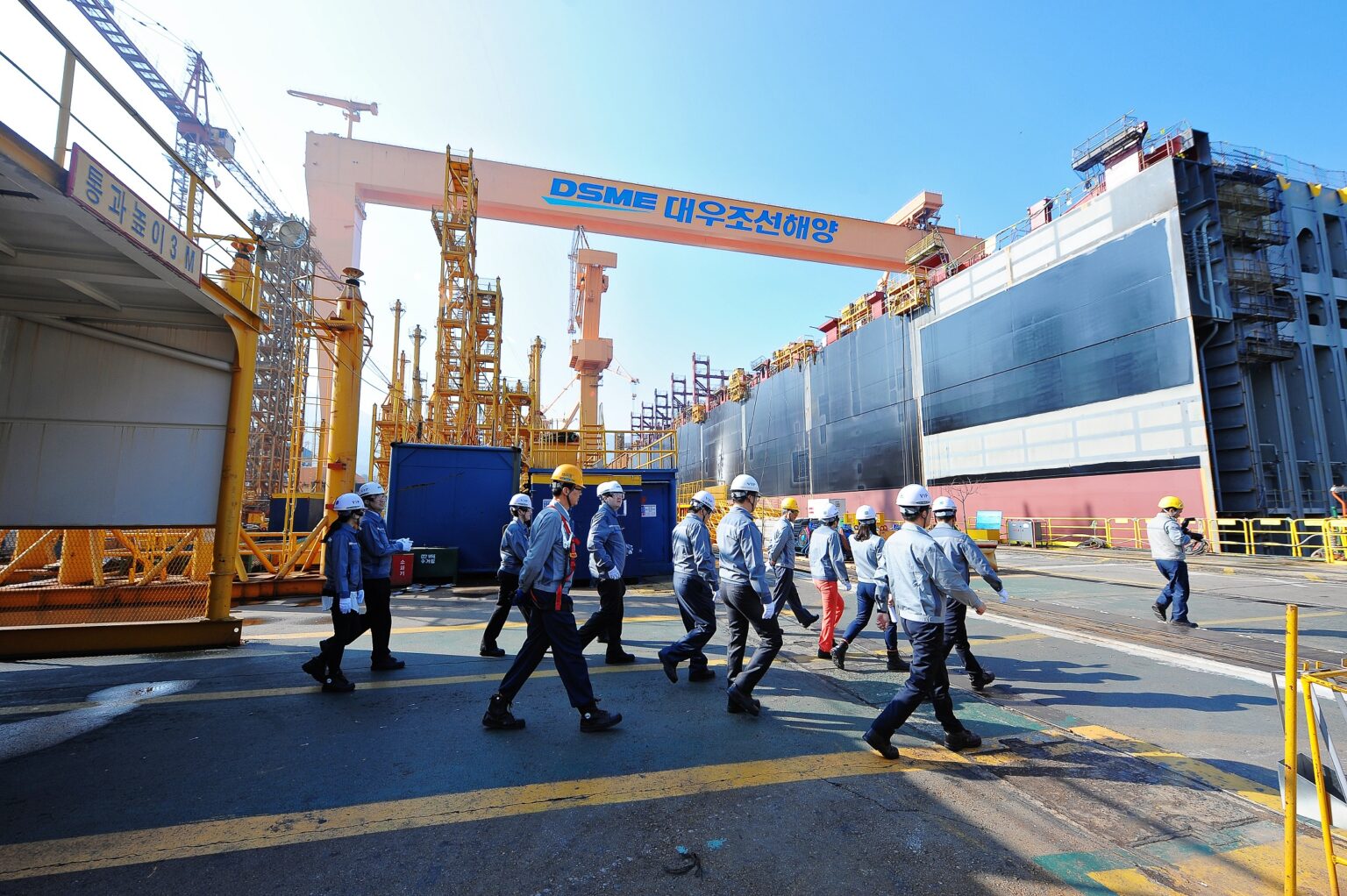Top Canadian oil and gas companies are moving “aggressively” to cut their greenhouse gas emissions domestically so that they can sell more of their climate-warming products abroad.
That was the message delivered by the sector’s most powerful trade and lobby group at a recent resources industry conference in British Columbia, that achieving “net-zero” at home is crucial for opening up foreign markets.
“From our industry’s perspective, there’s a recognition that we must address climate change so that we can play a bigger role to meet that global demand for oil and natural gas,” said Richard Wong, Director of Regulatory and Operations at the Canadian Association of Petroleum Producers, also known as CAPP.
One industry leader after the other reiterated this message at this month’s 20th Annual BC Natural Resources Forum in Prince George — that reducing emissions at their sprawling oil and gas operations in Canada could provide the industry more opportunities to expand internationally.
“We’re hopefully very soon going to establish Canada as a major exporter [of liquefied natural gas] to overseas markets,” said Margareta Dovgal, managing director of the pro-industry organization Resource Works, during a panel discussion entitled “LNG Export – Putting Canada on the Map.”
The industry’s logic is that if Canadian oil and gas companies cut their emissions domestically, then they will be able to market their products globally as better for the climate than other dirtier sources of fossil fuels.
“That would greatly displace much higher emitting forms of energy and reduce pollution,” Conservative MP for Prince George – Peace River Bob Zimmer told the conference. “The world needs our ethically produced energy.” He called B.C.’s gas industry the planet’s “cleanest and greenest.”
But it seemed nobody at the conference acknowledged the mounting scientific challenges to that argument: that natural gas’ contribution to climate change has been significantly underestimated due to methane leaks, and that the fossil fuel could even have an atmospheric footprint comparable to coal.
And even if top oil and gas producers achieve their goal of eliminating or neutralizing emissions from their Canadian operations — a big if considering the carbon capture and storage technology needed to achieve their 2030 climate goal isn’t yet operational at scale or financially feasible — the products they sell abroad would still contribute hugely to global temperature rise.
The leading oil and gas producer Suncor is aiming to eliminate 21.4 million tonnes of emissions from its operations in Alberta’s tar sands and elsewhere, but has no similar commitment for the 123 million tonnes of emissions that come from actually burning the gasoline, diesel or other petroleum products it sells, according to its Climate Change 2022 submission to the Carbon Disclosure Project.
That document shows that Suncor “supports initiatives to gain access to new international markets in the next 5-10 yrs for our crude oil and refined products.” This is also the goal of Shell, Petronas and other companies leading the construction of LNG Canada, a $40 billion liquefied natural gas project being built on Canada’s west coast that is touted by proponents as having the “world’s lowest emissions intensity.”
Yet the project could still produce carbon emissions in a year equivalent to adding 800,000 gas-burning cars to roads.
At the B.C. conference, LNG Canada president Jason Klein predicted big expansions for the industry. “Ten years from now, I’m confident we’ll have delivered thousands of cargoes of LNG safely and responsibly to our customers around the world,” he said.
“It would be a shame if LNG Canada is the last big project,” he added. “I hope that we are paving the way for the next wave of projects.”
Subscribe to our newsletter
Stay up to date with DeSmog news and alerts







